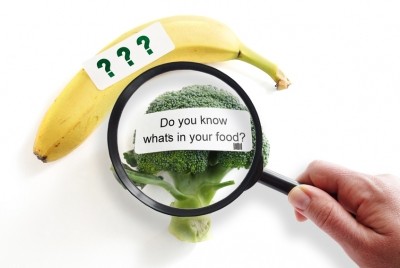Nofima to start work at pathogen pilot plant

The pathogen pilot plant research facility will expand knowledge about foodborne bacteria such as Listeria monocytogenes and pathogenic E. coli.
Scientists will study the bacteria in a realistic production environment in a Biohazard level 3 facility, the penultimate level, to gain knowledge about how to prevent their growth and survival in food.
The Ås-based site will investigate the fate of bacteria under different production conditions and develop methods that ensure safe food.
It will be used for testing of novel and conventional cleaning and disinfection methods of equipment and production environment.
Collaboration aim
Helga Næs, research director, food safety and quality, told FoodQualityNews.com that the facility is in talks with some institutions and welcomes more collaborators.
“It is a special unique facility that gives the chance to work in a reliable production facility and produce food contaminated with E.coli O157 which is commonly found in meat or Clostridium botulinum which is not possible in other facilities," she said.
“Now we will be able to look at all kinds of products, materials and cleaning and disinfection methods such as to get rid of the bacteria that create biofilms. We hope to find methods that are beneficial so that industry may implement them.”
The pathogen laboratory was rebuilt in 2005 and upgraded to a “minifactory” for the production of dry fermented sausages.
Following an outbreak of enterohemorrhagic E. coli in a type of sausage known as “morrpølse” in 2006, a research project was started in the minifactory.
Its purpose was to study the effects of changes to the recipe and processing steps in order to reduce the risk of dangerous E. coli in dry fermented sausage.
The scientists discovered that a gentle heat treatment of the sausages (at 43 °C) for 24 hours increased food safety.
Nofima told us in a previous interview that the facility was created to meet the demand from researchers to experiment with contaminated foodstuffs under controlled conditions.
Industry relevant methods
Næs said it will focus on treatments to help industry in a similar manner.
“It is a national facility with money from the Norway Research Council to build it up. It will help industry make safer food and study different steps during processing of food," she said.
“We will continue to work with dry fermented sausage and soft cheese and study contamination in lettuce and fruit. Studies will look at decontamination of products with UVC or pulsing and compare the sensory consequences.”
Elisabeth Aspaker, the Minister of Fisheries (see photo) and Sylvi Listhaug, the Norwegian Minister of Agriculture and Food opened the pathogen pilot plant research facility in December.
The production hall has been specially designed with respect to air pressure and decontamination, waste water treatment and the destruction of other waste to prevent the spread of infectious material to the surroundings.
Researchers will be specially trained, required to wear protective gear and follow strict safety regulation inside the sealed facility, which will only be accessible through air locked doors.

























